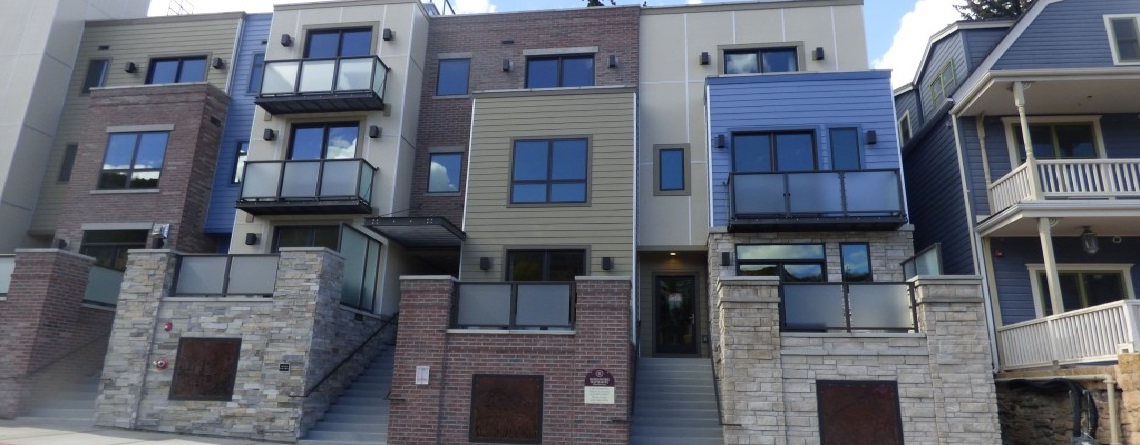 The phrase “Special Assessment” can be a dirty word around a community association. It essentially means that all members of the association pay their fraction of the cost to repair or replace something around their community at one time. On the surface it seems like that may be an okay way to find the funding for repairs of assets or replacement items. But that is not a good way as I will explain.
The phrase “Special Assessment” can be a dirty word around a community association. It essentially means that all members of the association pay their fraction of the cost to repair or replace something around their community at one time. On the surface it seems like that may be an okay way to find the funding for repairs of assets or replacement items. But that is not a good way as I will explain.
Inequitable to Members
The first reason that a special assessment is a bad way to pay for repairs is that it is unfair to the members involved. Let’s take the example of roofing. Let’s say that the cost to replace roofs is $200,000 and that there are 40 members in the community. The way a special assessment works is that all 40 members in the community need to pay $5,000 to replace the roofs (40 members x $5,000 per member = $200,000). So, it does not matter if you have lived in the community for 1 year or 19 years, you still need to pay $5,000. If the roof is being replaced at year 20 and someone lived in the community for 19 years and then moved, then they got a free pass for 19 years! On the other hand, if someone lived in the community for 1 year and then they were issued a special assessment, then they had to pay for a 20 year roof in one year!
Shows Lack of Planning
The second reason special assessments are bad ways to pay for repairs is that it shows a lack of proper planning and cooperation. In any association, there needs to be cooperation to make big picture decisions. It is common for associations to think “that is the way we have always done it” or “if we change the way we have done it, people will be unhappy”. Although special assessments may have been used in the past, it is not the best way to continually fund for repairs.
May Impose Hardship on Members
A third reason is that unit owners may not be able to pay the whole assessment. If you cannot pay the assessment, it could put a huge financial strain on you, and if you are unable to secure a loan, then your property ultimately could end up in foreclosure. It is asking a lot of all members of the community to just pony up several thousand dollars on relatively short notice.
A Better Way
Now, with the insight of how a special assessment works, what is a better alternative? The best way to fund for the repair or replacement of assets is through funding reserves for those items. Reserves usually are a monthly amount of money set aside for long term capital asset repair or replacement. The reason funding reserves works well is because it is a gradual accumulation of the money needed to replace assets. Some members may not be thrilled about paying more monthly, but it should be pointed out that it is much easier to pay in small monthly increments than in one large lump sum assessment.